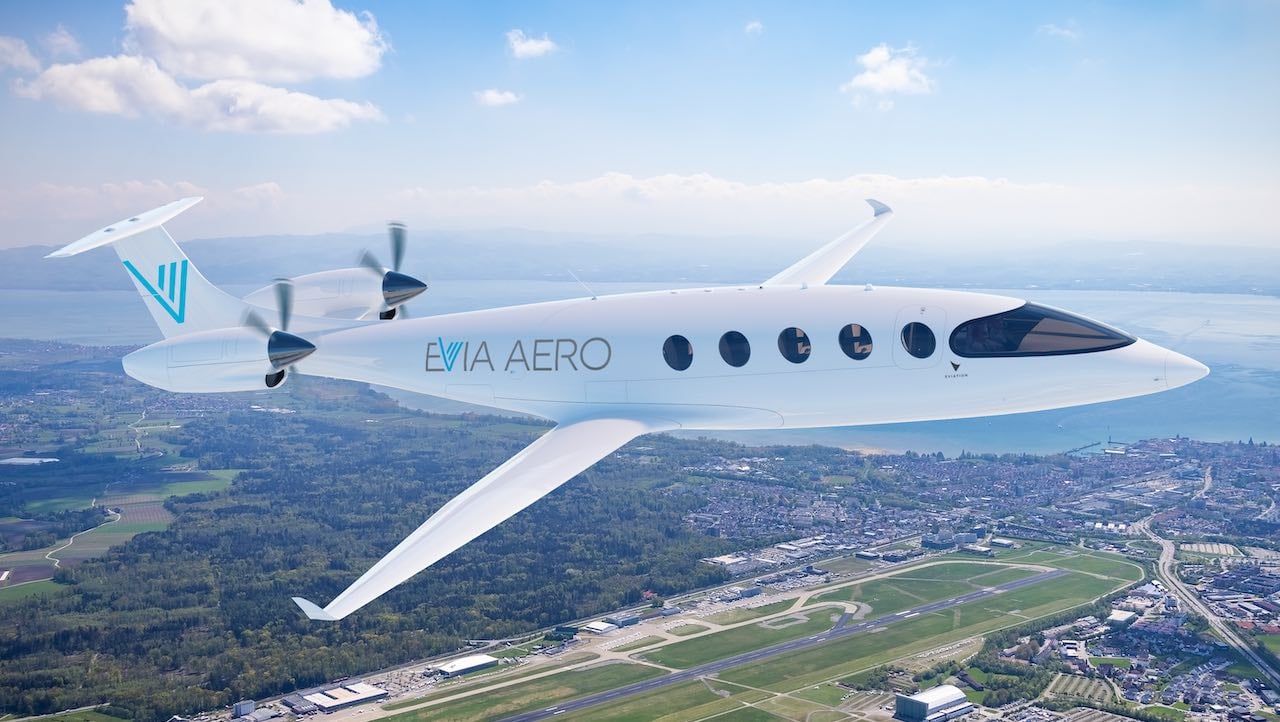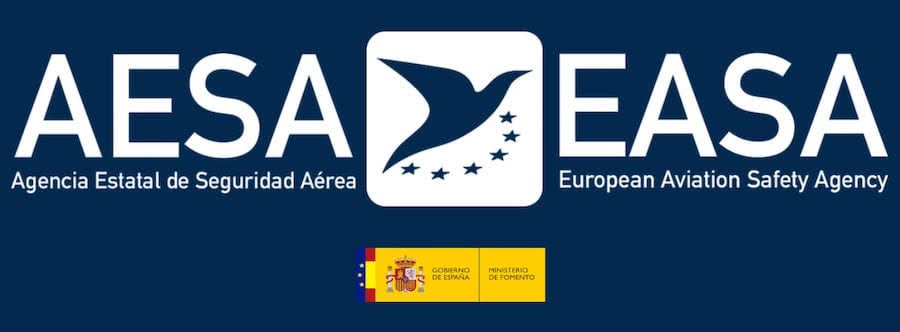While Airbus takes significant strides with EcoPulse, they’re not alone in this electrifying race.
Eviation Alice
Touted as the world’s first all-electric commuter plane, Alice uses three rear-facing pusher-propellers and can carry nine passengers over 650 miles.
Pipistrel Alpha Electro
A light, two-seater aircraft, the Alpha Electro is already making waves as a training plane in various aviation schools.
Urban Air Mobility
Beyond conventional planes, several companies are vying for supremacy in electric Vertical Take-Off and Landing (eVTOL) vehicles, destined for urban air taxi services.
As the race to preserve our world heats up, airlines and manufacturers are joining in. Not just for the sake of long-term efficiency and cost savings, but also as part of their social responsibility.




